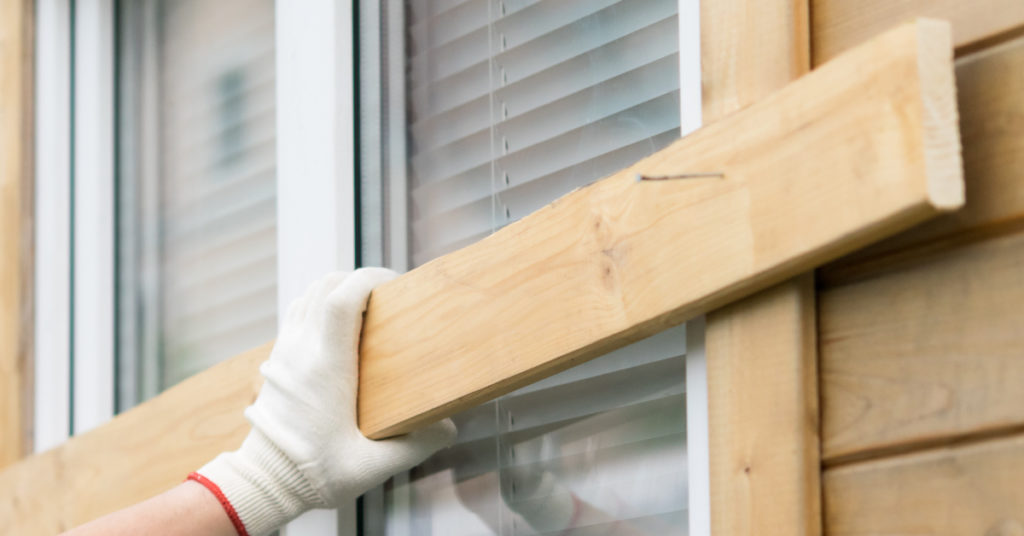Hurricane Preparedness Tips to Keep Your Home Safe

June 1 was the official start of the hurricane season in Texas. Knowing what to expect when a hurricane hit is one of the wisest things any homeowner can do, including having a hurricane evacuation plan. Find useful hurricane preparedness tips below, how to stay safe during a hurricane, and how to deal with the aftermath after it has passed.
Before a hurricane
If you need to stay at home
- Identify the safest areas in your home.
- Know your home’s vulnerability to flood, storm surges, and wind.
- Stock on food supplies, a first-aid kit, bottled water, flashlights, a battery-powered radio, and batteries,
- To reduce the potential for food spoiling in the event of a power outage, adjust your refrigerator temperatures to the coldest setting.
- Fill containers, sinks, and bathtubs with water in case of a power outage.
If you need to evacuate
- Evacuate if ordered by your local authorities.
- Unplug all appliances before leaving your home.
- Turn off water and gas.
- Ensure that your car has a full tank of gas and is in good running condition.
- Identify the best escape routes.
Protecting your home
- Make sure that doors and windows are tightly shut. Cover up doors and windows to protect them.
- Clear your yard. Bring in potted plants, as well as house ornaments and wind chimes.
- Secure pool covers.
- Keep important documents such as insurance information, passports, and IDs in a stormproof container.
- Make copies of important documents and store them in digital assets.
During a hurricane
- If you are staying at home, stay away from all exterior doors and windows. Seek shelter in a basement or bathroom.
- If your home is damaged, evacuate to the nearest community shelter.
- Turn off the electricity at the main breaker if power is lost or if flooding nears your home.
- Constantly monitor the television or radio for weather updates.
After a hurricane
- Avoid damaged, downed or loose power lines.
- Do not use a generator indoors to avoid carbon monoxide poisoning.
- Do not start all major appliances at once.
- Refrain from using gas or electrical appliances that have been wet.
- Follow post-storm water and food safety precautions.
- Avoid flood waters as they may contain dangerous debris or harmful contaminants.
Keep these useful hurricane preparedness tips in mind, as they will help your family be better prepared during emergencies.
Sources:
“Wednesday marks the official start of the 2022 Atlantic Hurricane Season,” KBTX, https://www.kbtx.com/2022/06/01/wednesday-marks-official-start-2022-atlantic-hurricane-season/
“Preparing for a Hurricane or Other Tropical Storm,” Centers for Disease Control and Prevention, https://www.cdc.gov/disasters/hurricanes/before.html
“Hurricane Safety,” American Red Cross, https://www.redcross.org/get-help/how-to-prepare-for-emergencies/types-of-emergencies/hurricane.html
“How to Prepare for a Hurricane,” Ready.gov, https://www.ready.gov/sites/default/files/2020-03/fema_how-to-prepare-for-hurricane.pdf
